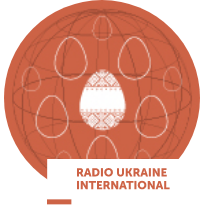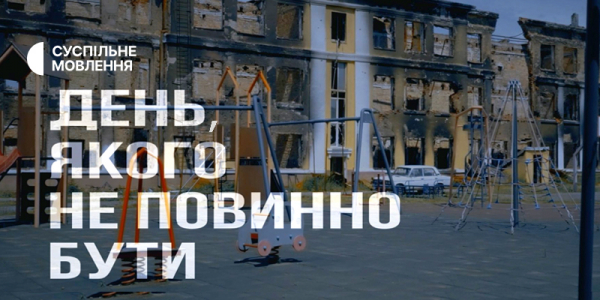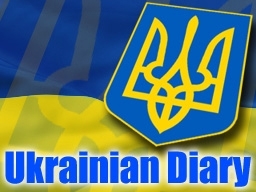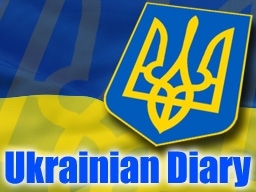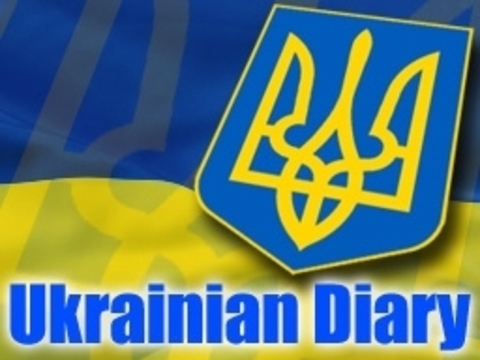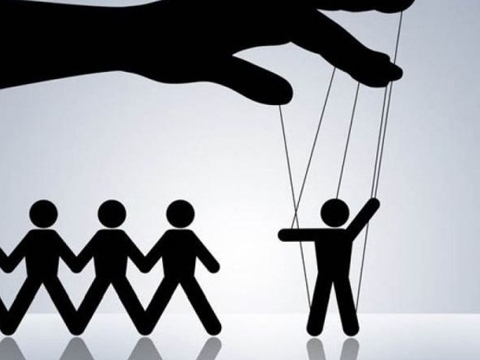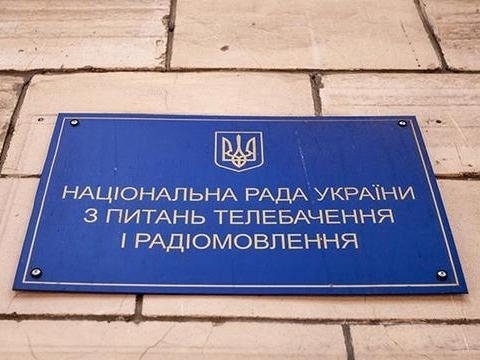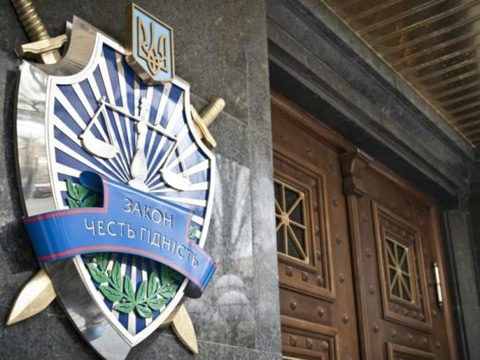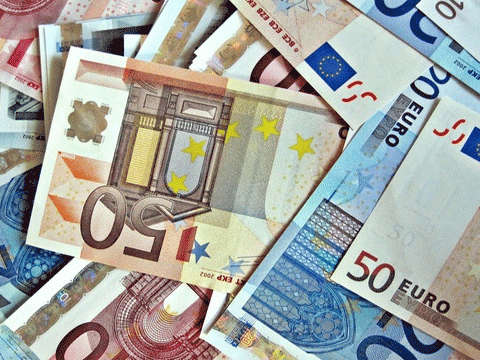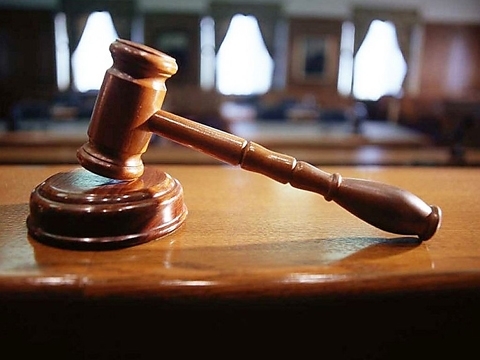The EU slapped sanctions on Almaz-Antey in July 2014, together with 36 other entities and 146 people that Brussels considers responsible for "actions undermining or threatening the territorial integrity, sovereignty and independence of Ukraine," Radio Free Europe/Radio Liberty reported. The Luxembourg-based General Court said on January 25 that the EU Council had not acted disproportionately in freezing the funds of Almaz-Antey, which makes antiaircraft weaponry including Buk surface-to-air missile systems, and that the reason for putting it on sanctions list in 2014 was valid. At the time, the official EU journal said that "the Russian authorities have been providing heavy weaponry to separatists in eastern Ukraine, contributing to the destabilization of Ukraine," and that the weapons were being used for "shooting down airplanes" among other things. State-owned Almaz-Antey "therefore contributes to the destabilization of Ukraine," it said. The court said that the EU was not required to "demonstrate positively that the weapons which Almaz-Antey produced were used in Ukraine by the separatists" as such evidence "would be difficult to provide, particularly in a conflict situation." International investigators have found that the Malaysia Airlines jet that crashed in eastern Ukraine in July 2014, killing all 298 people aboard, was shot down by a missile fired by a Buk launcher that had been brought in from Russia and returned back across the border later, despite repeated denials of involvement in the war in the Donetsk and Luhansk regions. The passengers and crew of the MH17 are among more than 9,750 people who have been killed since the conflict betweeen Kyiv's forces and Russia-backed separatists began in April 2014. Almaz-Antey has disputed findings of the international investigators, claiming it conducted tests that showed the missile was fired by an older Buk model that was no longer in service in the Russian military and that it was launched from territory held by Ukrainian government forces. The investigators have dismissed those claims, saying they are not supported by the evidence. The sanctions were prolonged by six months in September 2016 and are expected to be extended by another six months in March.
0:00 / 0:00



